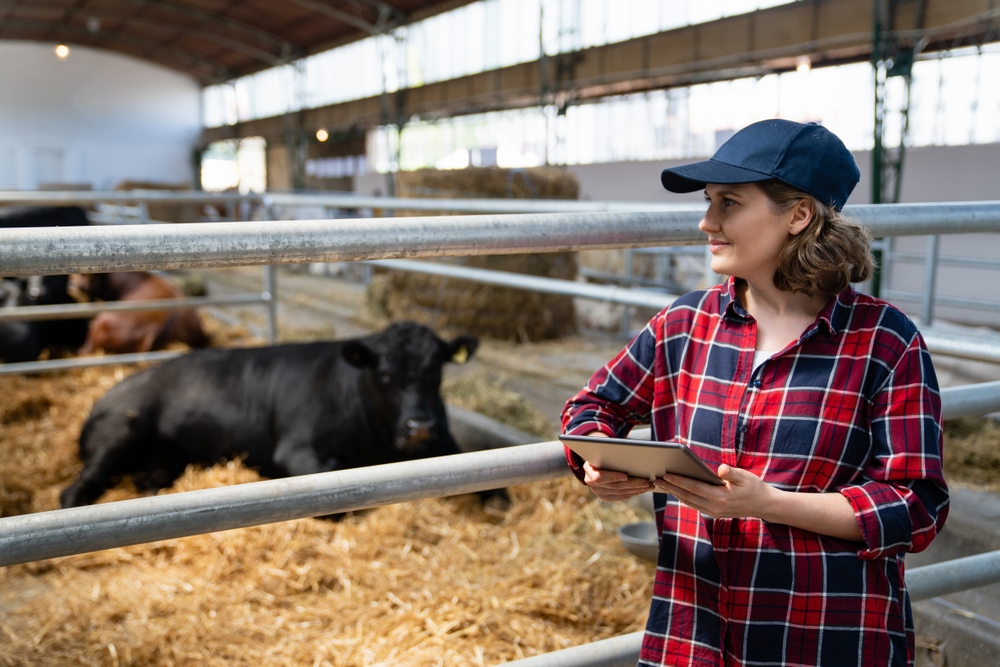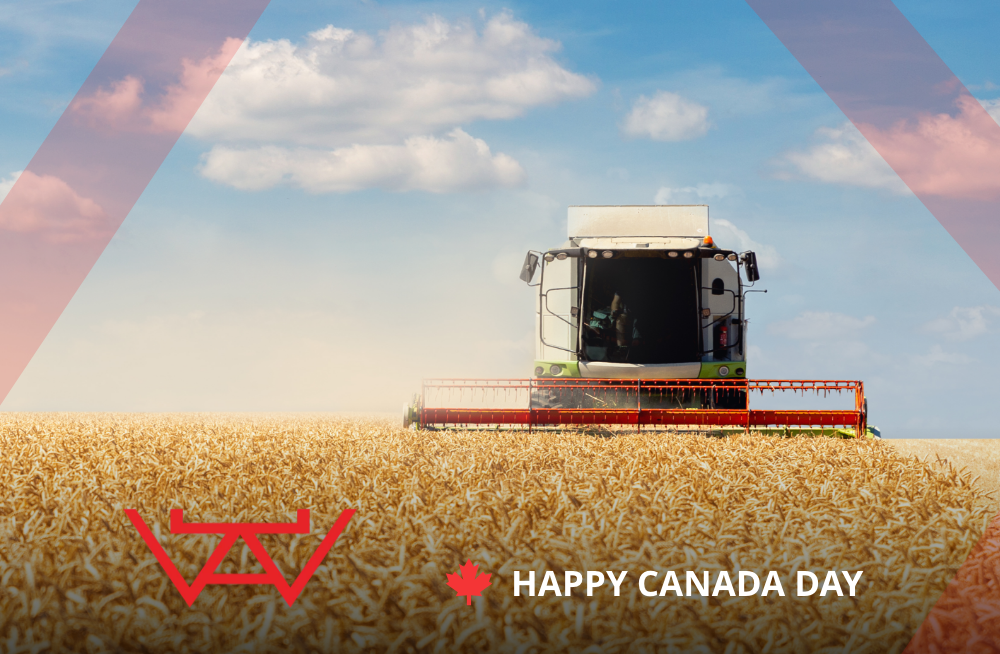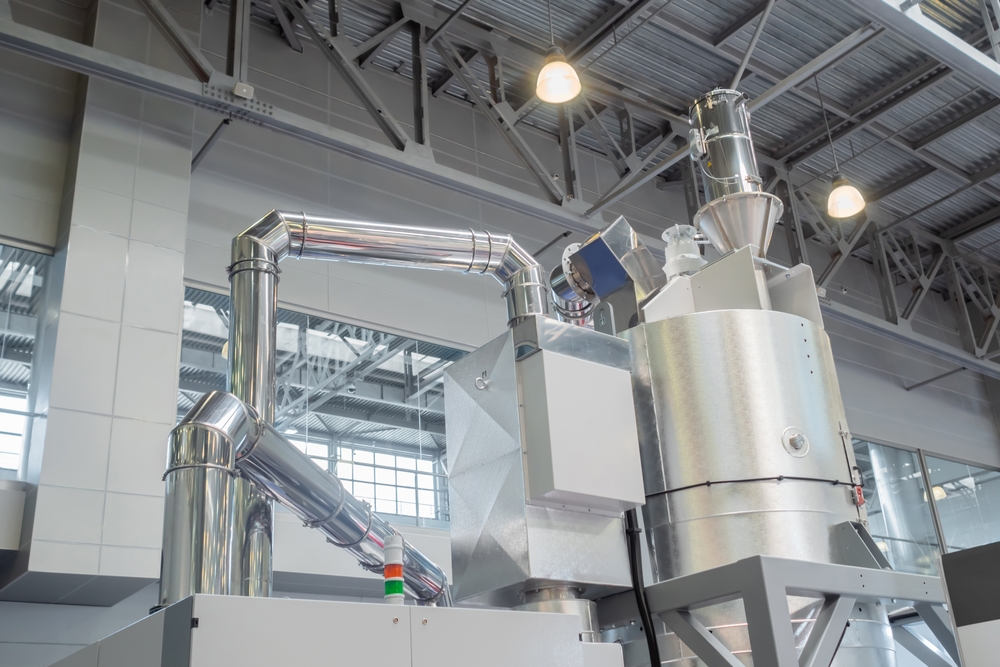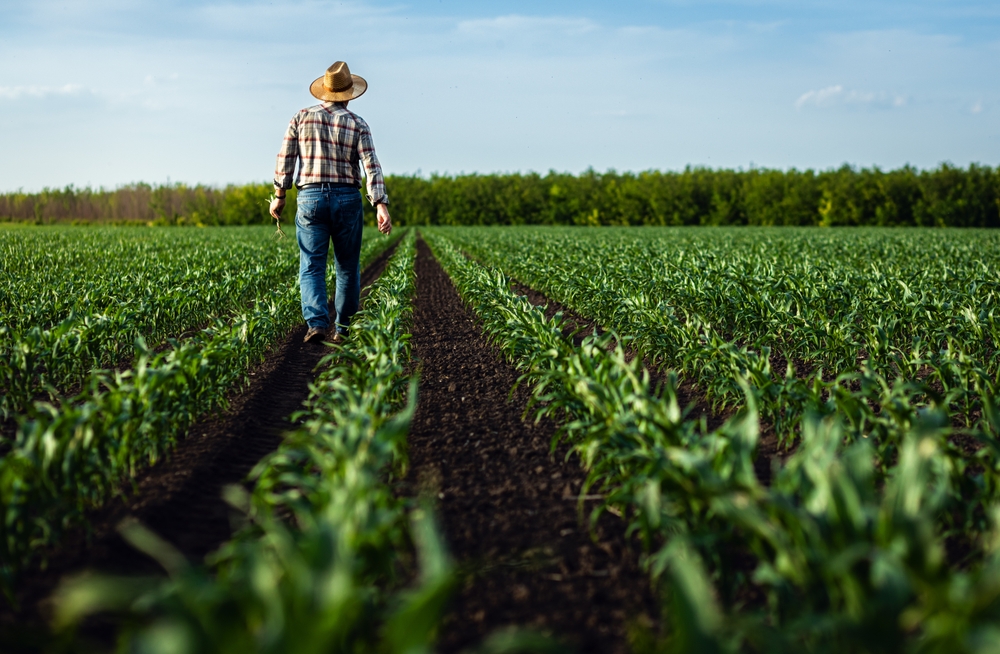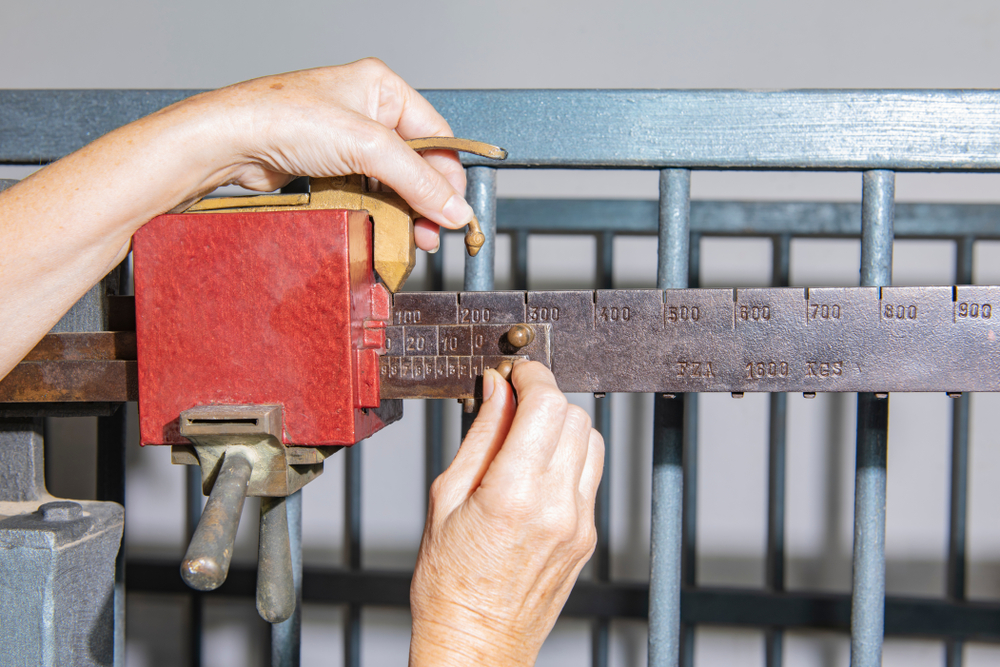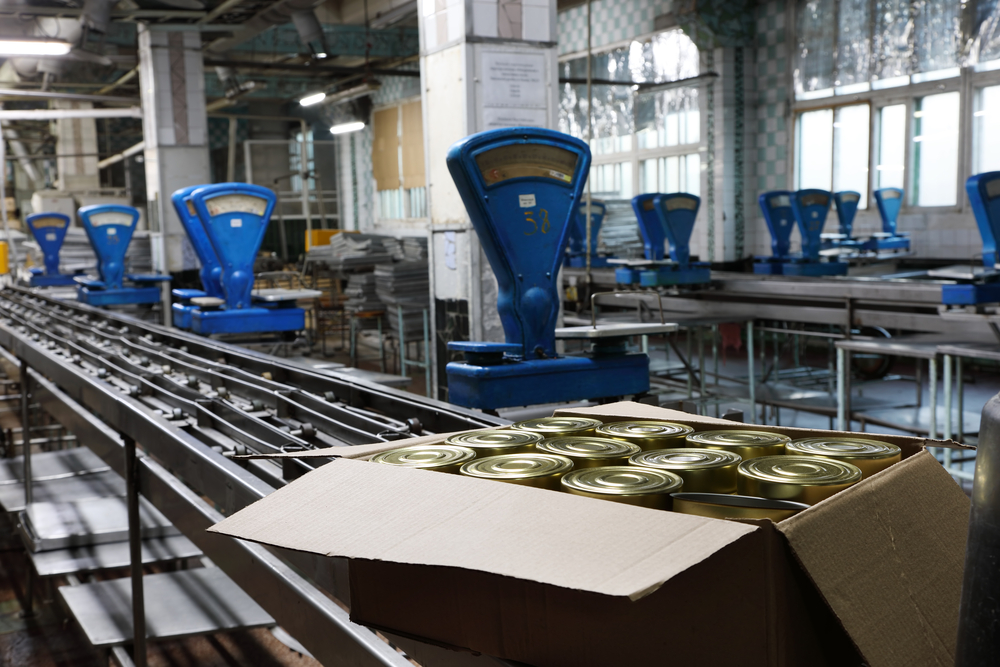Recent News
Weighing Your Options: Your Livestock Scale Buying Guide
Every rancher knows the importance of a high-quality livestock scale for maintaining animal health and maximizing profits. However, buying the best livestock scale for your needs requires some research and forethought. On that...
Read MoreHappy Canada Day from Accurate Western Scale
At Accurate Western Scale, we are proud to support the Canadian economy by helping you and your business succeed. We’re committed to delivering top-quality industrial weighing equipment that meets or exceeds industry standards...
Read MoreTank Hopper Scales: Why Your Farm Needs One
Accuracy in farming isn’t optional—it’s necessary! From feed management to crop storage, your operation depends on knowing the exact weight of your material. That’s where tank hopper scales come in. If you run...
Read MoreAdvanced Weighing Solutions: Boosting Your Farm’s Productivity and Profits
For the modern agriculture industry, accurate weighing is critical to efficiency and profitability. Whether you’re farming livestock or crops, or managing a mixed farming operation, the right scales can optimize your resources, minimize...
Read MoreIndustrial Scales: The Roles and Benefits of Scales in Agriculture
Modern agriculture is a dynamic industry that demands precision and efficiency at every stage. From measuring crops and livestock to monitoring equipment loads, accurate weighing is essential for optimizing productivity and profitability. Despite...
Read MoreLegal for Trade Scale Certification: Why It Matters and How to Stay Compliant
In industries where precise weight measurements directly impact transactions—such as retail, agriculture, logistics, and manufacturing—Legal for Trade Scale Certification is a regulatory requirement. These scales must meet strict accuracy standards to ensure fairness...
Read More

